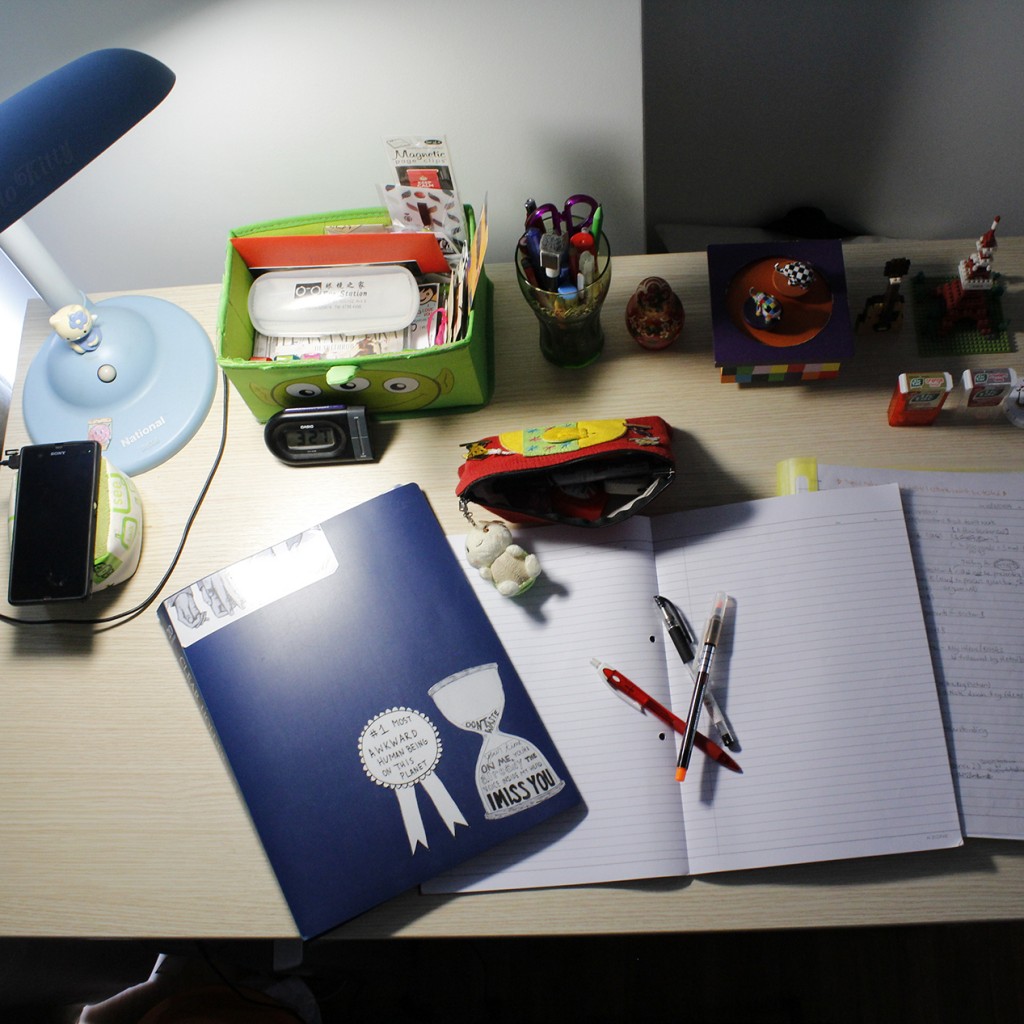A lot of swot – good or not?
August 25, 2022

Photo: ‘Study Buddies’ by Allison Seow Li Ting from SRN’s SG Photobank
In the Asia-Pacific region, Singapore is synonymous with long working hours and perhaps also long studying hours. This may be due to the widely-held belief that studying more guarantees better grades and better future prospects.
In “Ask NUS economists: a lot of swot – good or not?” (Straits Times, August 2022), Dr Kelvin Seah (NUS Economics) explains that longer out-of-school study hours do not always translate to better student performance. He analyses data about mathematics study time from the Organisation for Economic Cooperation and Development’s 2015 Programme for International Student Assessment (Pisa).
Within the Pisa survey itself, out-of-school study hours were defined to include the total hours for homework, additional instruction and private study. Interestingly, in 2015, students in Singapore studied longer each week than the average employee worked (according to a report from the Singapore Business Review).
Dr Seah found that while more time spent on out-of-school study is initially associated with better mathematics academic performance, the benefits seem to diminish the more time given to this. Beyond 35 hours of study per week, out-of-school study appears to become counterproductive for academic performance, even after controlling for other factors such as gender and socio-economic status.
Dr Seah highlights two main insights from the data. Firstly, there is an optimal level of study time, beyond which students may grow tired and stressed, hindering them from absorbing the content effectively. Secondly, this may be driven by “reverse casualty”, because weaker students (with lower academic performance) may devote more time to study in a bid to catch up.
Hence, Dr Seah recommends studying hard, but doing so in moderation.
Read the full article here.
